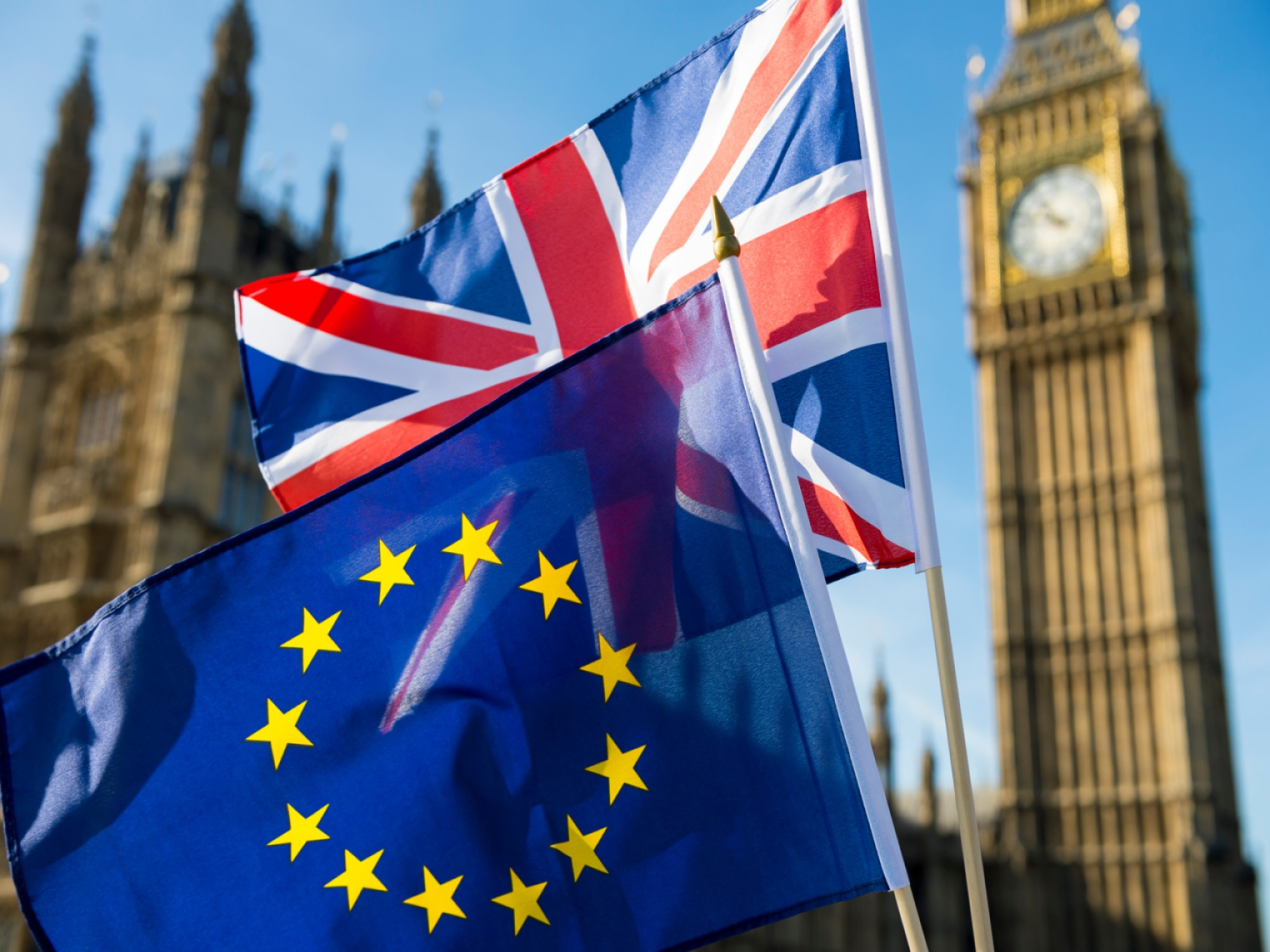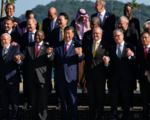In February 2025, UK Prime Minister Sir Keir Starmer is set to join EU leaders at an informal summit focusing on defence and security cooperation. This marks a symbolic step in repairing UK-EU relations post-Brexit, against a backdrop of global instability, including ongoing wars in Ukraine and the Middle East, and the prospect of Donald Trump’s return to the US presidency.
The shared challenges—such as threats to trade and security—are prompting a reassessment of ties between the UK and EU. Brexit weakened the EU by losing a major economic and military power, while the UK now finds itself with diminished influence on the global stage. For the Labour government, stronger EU relations are critical to delivering on key domestic priorities, including economic growth, defence, and migration.
Labour has signaled its intent for a “reset” in UK-EU relations through symbolic diplomacy, such as meetings with EU leaders and participation in high-level EU gatherings. However, despite mutual goodwill, skepticism persists in Brussels over the UK’s true commitment to compromise. While defence cooperation offers an easy win, more ambitious goals—such as reducing trade barriers and aligning regulations—face significant hurdles. The EU has ruled out using defence agreements as leverage for trade benefits, emphasizing the integrity of its rules and agreements.
Key proposals for economic cooperation include sector-specific deals that align UK regulations with EU standards, a veterinary agreement to ease agricultural trade, and mutual recognition of professional qualifications. Labour may also consider a youth mobility scheme allowing young people to work or study across borders, though migration remains a politically sensitive issue in the UK.
Energy and climate cooperation is another potential area for progress, with discussions on linking carbon trading schemes and reducing post-Brexit inefficiencies in the electricity market. Closer coordination could save billions and enhance renewable energy development in the North Sea.
Despite political caution, public sentiment on both sides appears more ambitious. Polls show a majority of UK and EU voters favor strengthening ties, including reintroducing freedom of movement in exchange for access to the single market. However, translating this enthusiasm into concrete policy changes will depend on the willingness of leaders to navigate political and technical challenges.
As geopolitical threats mount, both the UK and EU face a critical opportunity to align their interests. The question remains whether governments can move as decisively as their citizens seem ready to embrace deeper cooperation.

















